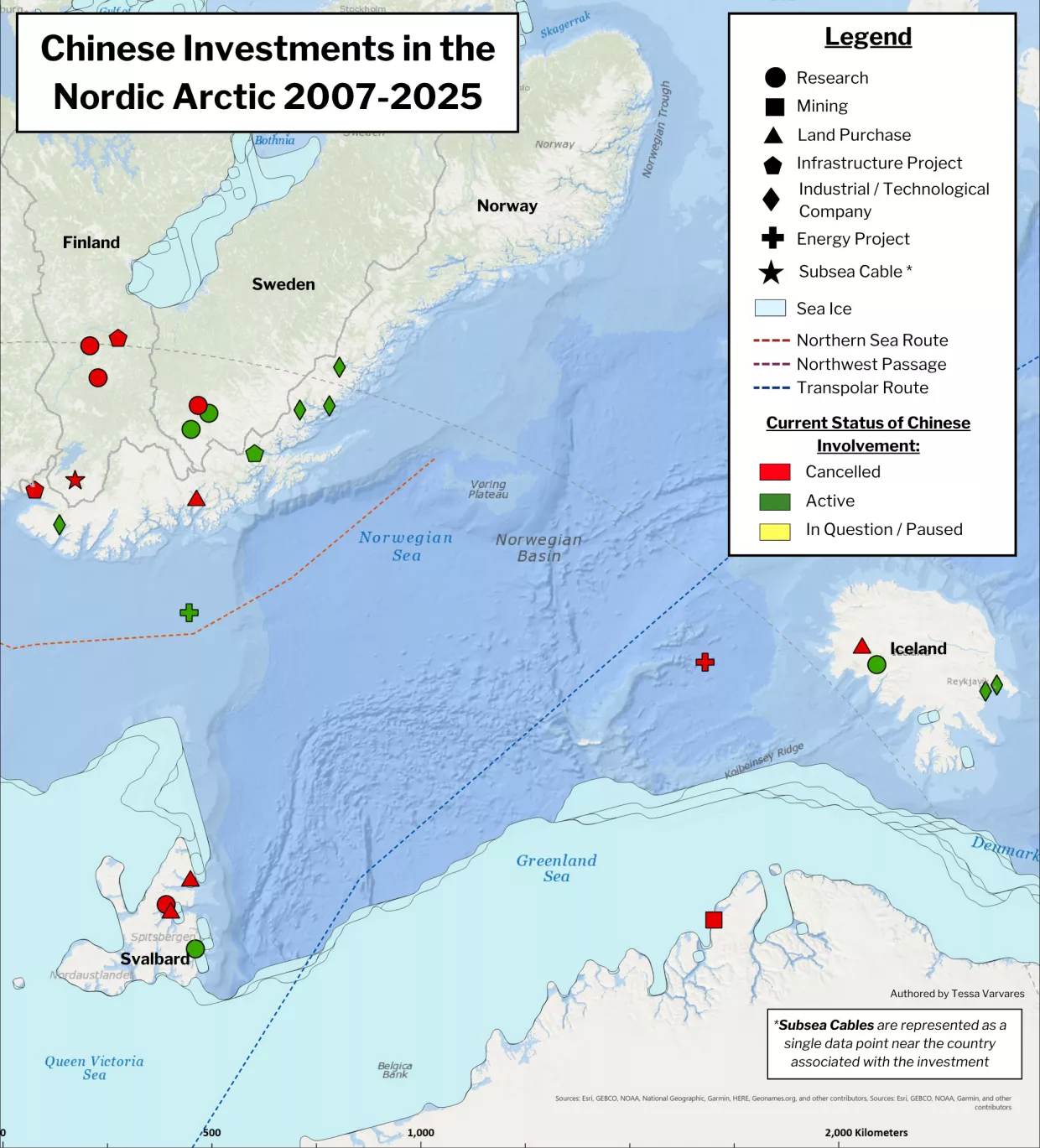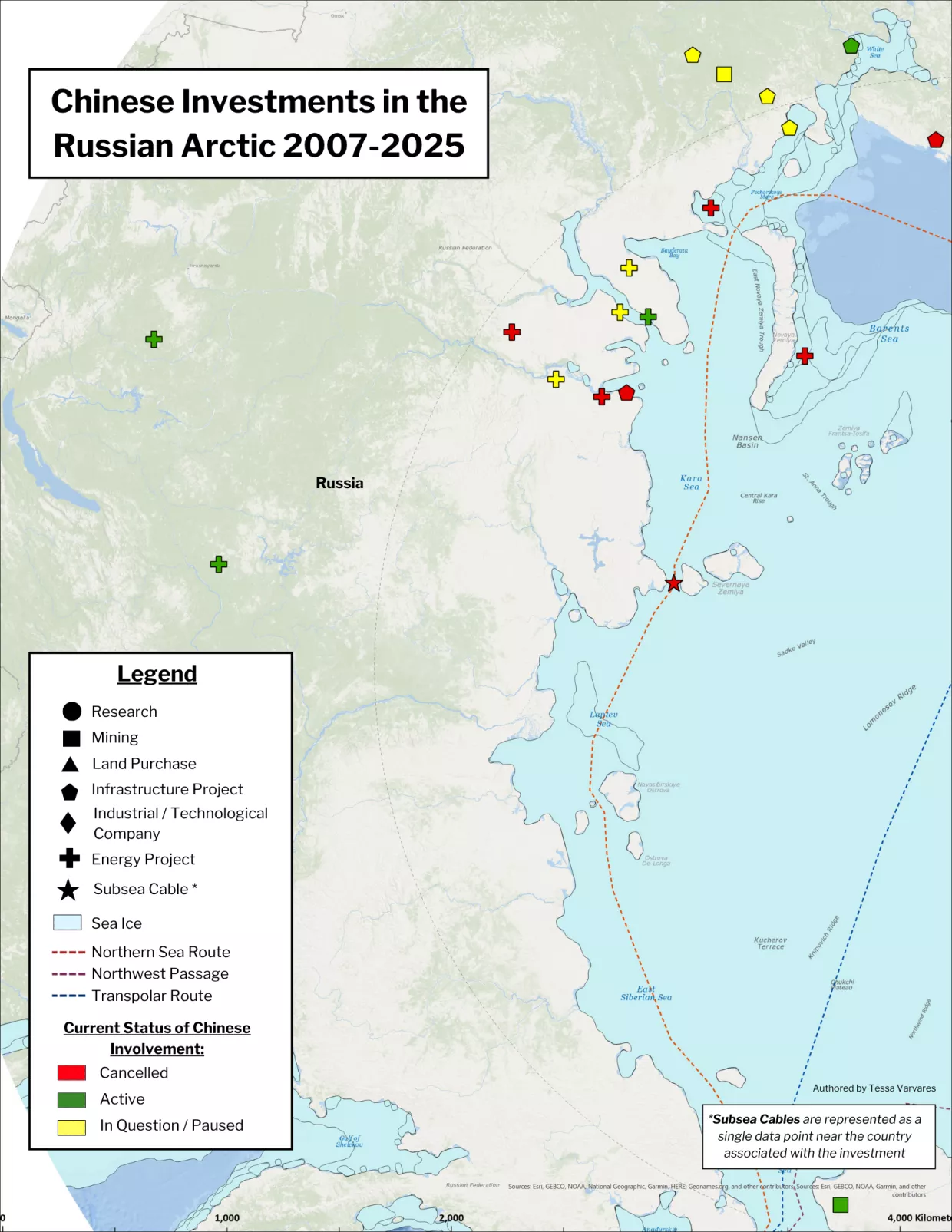China’s Arctic investments are exaggerated, Harvard report finds
Harvard’s Belfer Center debunks inflated claims of Chinese dominance in the Arctic

A new report from Harvard University’s Belfer Center and Trent University challenges the widespread belief that China is aggressively buying up the Arctic, calling many headline figures misleading and based on unfulfilled or canceled deals.
Titled Cutting Through Narratives on Chinese Arctic Investments, the study finds that claims of China investing $90 billion in the region are significantly exaggerated. Most of that number reflects proposed or shelved projects, not completed transactions.
“China’s actual footprint in the Arctic is far more limited than many believe,” said co-author P. Whitney Lackenbauer, a professor at Trent University. “There’s a major gap between what’s discussed publicly and what’s actually happening on the ground.”

Strategic ties with Russia
Much of China’s Arctic activity has focused on partnerships with Russia, particularly in liquefied natural gas (LNG), port infrastructure, and shipping routes. These collaborations have taken on new urgency as Russia seeks alternatives to Western capital amid ongoing sanctions.
Still, the report notes that many joint projects remain stalled, and that China’s investments have not come close to reshaping the Arctic economy.

Military concerns
The report also highlights growing Western concerns about dual-use activity, particularly where scientific research may overlap with military interests. Chinese and Russian naval and air patrols in Arctic regions — including near Alaska and Svalbard — have drawn attention from NATO and prompted a stepped-up Western presence in the High North.
China’s Arctic framing
Beijing has framed its Arctic interests around climate research and future trade potential. It describes itself as a “near-Arctic state” and continues to promote its Polar Silk Road strategy, which envisions using thawing northern sea lanes to reduce shipping times between Asia and Europe.
China has established science stations in Iceland and Svalbard and invested in mineral exploration and Arctic data-gathering. However, the report warns that some of these initiatives could serve broader strategic goals.
Western response
As the Arctic becomes a growing flashpoint in global power politics, the U.S., Canada, Norway, and other allies have expanded their military exercises, upgraded surveillance systems, and boosted investments in Arctic infrastructure.
“The key is not to panic, but to be clear-eyed,” said Lackenbauer. “China is active in the Arctic, but it’s not the dominant force some suggest.”
Maps by Tessa Varvares, Arctic Initiative, Harvard Kennedy School.
*Correction: An earlier version of this article misidentified the report’s co-author as Jackie Q. Ma. The correct co-author is P. Whitney Lackenbauer. Map credits have also been updated to reflect authorship by Tessa Varvares.